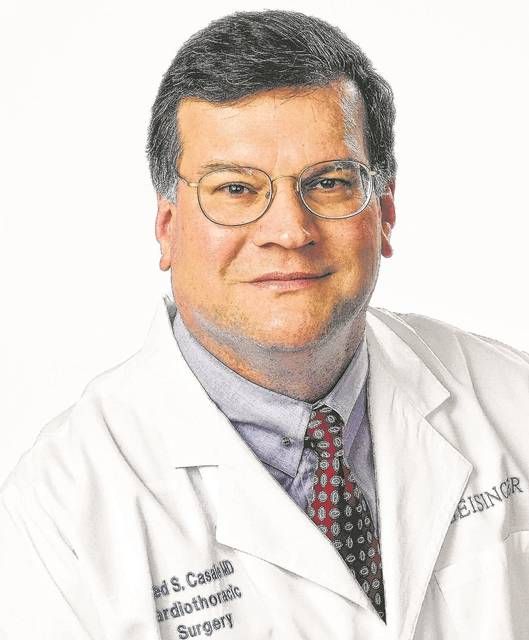Click here to subscribe today or Login.
Believe it or not, there’s an army of organisms and “good” bacteria inside our guts. They affect many of our body’s core systems, from the breakdown of foods in our digestive system to the modulation of diseases like Crohn’s disease. The colonies created by these organisms make up our microbiome, and they play a vital role in good health.
Microbiomes are important for regulating our immune system and protecting us from disease. There is also recent research that suggests a healthy microbiome can also improve skin and mental health.
But the body needs to maintain a balance of the many types of good bacteria to stay effective, all while keeping bad bacteria out.
This is where probiotics and prebiotics come in. Both help maintain and nourish bacteria populations and can be found in foods, which means you’re likely already eating prebiotics and probiotics. Probiotic foods contain live bacteria that will arrive in your gut already active, while prebiotics act as a stimulant for future growth.
Think of prebiotics as grass seed or fertilizer, while probiotics are a layer of sod. When you’re planting grass in your yard, sod will create a strong foundation and grass seed will sustain growth.
Probiotics
If you’ve ever seen a yogurt commercial, you’ve probably heard of probiotics.
When ingested, the probiotic bacteria in certain foods join the existing population in your gut, boosting your health and supporting a strong digestive system. That’s why the benefits of probiotics have made their way into advertisements in the past several years.
Probiotic bacteria and microorganisms are found in fermented food products like yogurt. Other natural sources include honey, sauerkraut, kombucha, miso, dark chocolate and kimchi.
Probiotics can also be found in a more concentrated supplement form, but be sure to speak to your doctor before beginning a regimen.
Probiotic supplements are considered a food product by the Food and Drug Administration (FDA), rather a medicinal one, so their manufacturing and effectiveness aren’t tested. Your doctor will let you know if supplements are right for you and recommend a trusted source.
People being treated with antibiotics should be especially concerned about their probiotic levels, as the medicine doesn’t differentiate between “good” and “bad” bacteria when fighting infection. In fact, you might notice side effects like diarrhea if your probiotic level is low. If you decide to correct with supplements, be sure to take them separately. For example, if you’re taking an antibiotic with breakfast and dinner, take your probiotic at lunch.
You may notice side effects like upset stomach, diarrhea, gas and bloating when beginning a probiotic regimen or if your dosage is too high. Some people may also be allergic to the certain species of bacteria chosen for a supplement.
Prebiotics
Prebiotics are not living organisms, but rather fibers that feed your microbiome and encourage diversity in bacteria. This diversity is important for gut health, as every strain of bacteria has a different purpose.
The fibers in prebiotic foods can’t be fully digested by your internal systems and don’t serve your body. Those leftover pieces feed the bacteria.
Prebiotics are found in asparagus, onions, leeks, apples and banana. They can also be found in supplement form.
The gut is an extremely complex system, and we’re still learning just how many systems are impacted by its bacteria. But research proves they will keep your digestive system regular, fight illness, reduce the effects of seasonal allergies and possibly even combat acne.
Now let’s be clear, supplements are not needed by all of us to keep our gut bacteria allies and not enemies. If, though, you have digestive issues, suffer from immune system problems or notice alterations in your bowel habits after taking new medicines, especially antibiotics, talk to your health care team. Attention to your microbiome may be in order.








